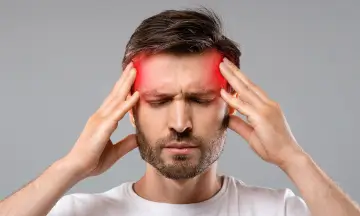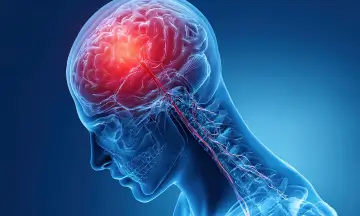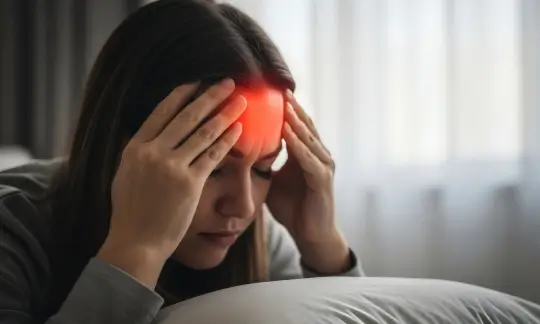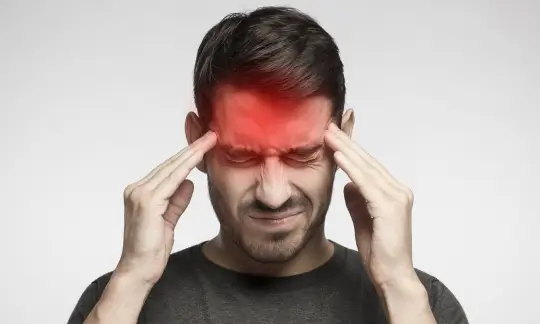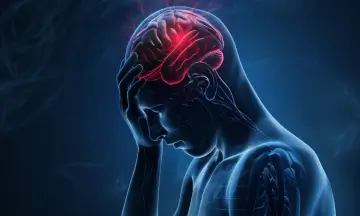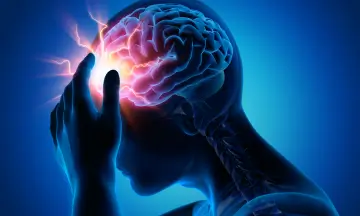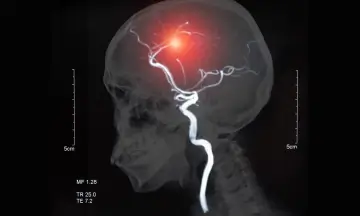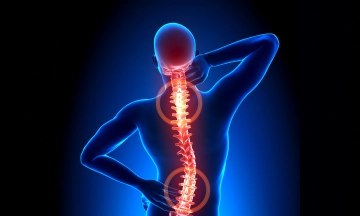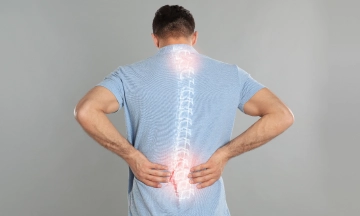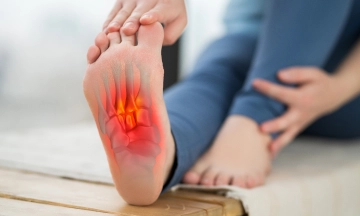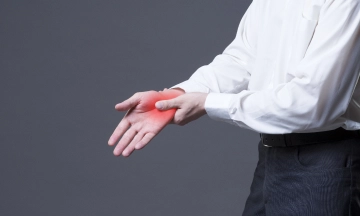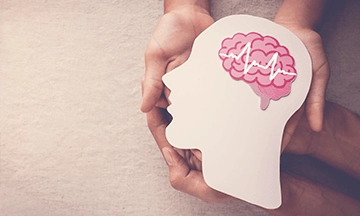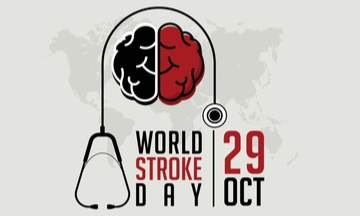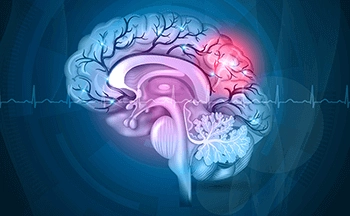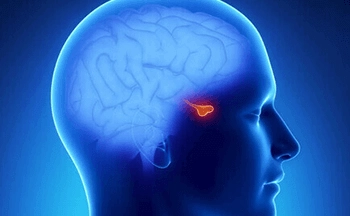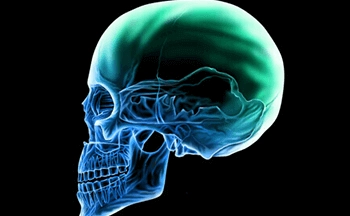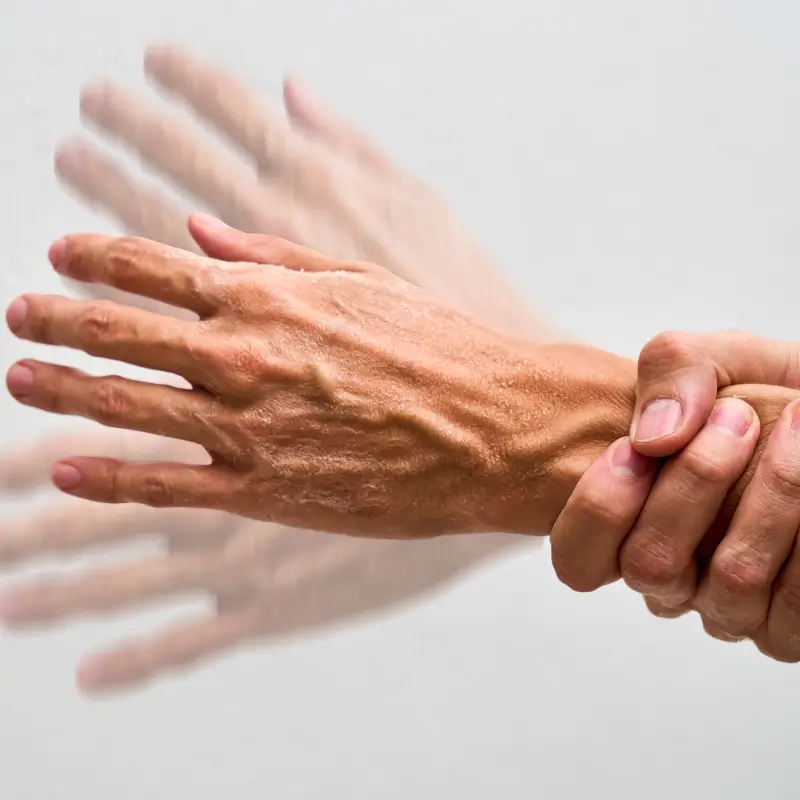
Have you ever noticed your hands shaking slightly while holding a cup or your head trembling when you’re anxious? If you’ve asked yourself, “Why is my body shaking for no reason?” — you might be experiencing tremors. Tremors are involuntary, rhythmic shaking movements of one or more parts of the body. While they can happen to anyone occasionally, frequent or severe tremors often signal an underlying neurological condition that needs attention.
What Are Tremors?
Tremors are unintentional and repetitive muscle contractions that cause shaking in parts of the body such as the hands, arms, head, or legs. They can occur while you’re resting, moving, or even trying to hold something steady. Tremors are not a disease on their own but often a symptom of another condition affecting the brain, nerves, or muscles.
The brain areas most responsible for tremors are the cerebellum (which controls movement coordination) and certain nerve pathways. When these regions are disrupted, it leads to irregular nerve signals and shaking movements.
Tremors Symptoms
The tremors symptoms can vary depending on the type, cause, and severity of the condition. Some tremors are mild and barely noticeable, while others can interfere with everyday tasks such as writing, eating, or dressing. Common signs include:
-
Involuntary Shaking: Uncontrolled, rhythmic trembling of the hands, arms, head, or legs. The shaking may appear when you’re at rest or during movement.Tremors in the hands can sometimes cause hand pain, and those affecting the arms may contribute to arm weakness.
-
Voice Tremor: A shaky or quivering voice that becomes noticeable while speaking.
-
Head Nodding or Shaking: Some people experience involuntary movements of the head, such as nodding (“yes-yes”) or shaking (“no-no”) motions.
-
Difficulty Holding Objects Steady: You might find it hard to hold a glass of water, write neatly, or use utensils due to unsteady hands.
-
Worsening with Stress or Fatigue: Tremors often get worse when you’re tired, stressed, anxious, or have had too much caffeine.
-
Tremors That Improve with Rest: In some cases, shaking reduces or stops when you relax or sleep, especially in essential tremor.
-
Additional Neurological Symptoms (in some cases): If tremors are caused by conditions like Parkinson’s disease, you may also notice muscle stiffness, slow movement, or balance issues.
Recognizing these symptoms early helps doctors determine whether the tremor is benign (harmless) or linked to a neurological disorder.
Tremors Causes
There are several tremors causes, and they range from simple lifestyle factors to complex brain disorders:
-
Essential Tremor: The most common type, often inherited, and typically affects the hands during movement (for example, while writing or eating). It may worsen over time but isn’t dangerous.
-
Parkinson’s Disease: Tremors caused by Parkinson’s usually start in one hand or side of the body and occur mainly at rest. They are slow, rhythmic, and often accompanied by stiffness and slowness of movement.
-
Multiple Sclerosis (MS) or Stroke: Damage to the brain’s motor pathways can disrupt coordination and lead to tremors.
-
Medication or Substance-Induced Tremors: Certain drugs (like asthma medications, antidepressants, or steroids), caffeine, or withdrawal from alcohol can cause shaking.
-
Anxiety, Stress, and Fatigue: Emotional or physical stress can temporarily trigger body shaking due to overstimulation of the nervous system.
-
Metabolic and Hormonal Causes: Conditions like overactive thyroid (hyperthyroidism) or low blood sugar can make your body tremble.
Why Is My Body Shaking for No Reason?
If you notice your body shaking for no reason, it doesn’t always mean something serious — but it should not be ignored. Sometimes, tremors can occur from mild causes like anxiety, tiredness, caffeine, or hunger. However, if shaking becomes frequent, affects daily activities, or appears with other symptoms like muscle stiffness or slowness, you should consult a neurologist to rule out underlying disorders like essential tremor or Parkinson’s disease.
Diagnosis of Tremors
Diagnosing tremors involves understanding the cause, type, and pattern of shaking. Since tremors can result from many conditions, neurologists use a step-by-step approach to find the root cause.
-
Detailed Medical History: The doctor will ask when the tremor started, whether it worsens during movement or rest, and if anyone in your family has similar symptoms. They’ll also review medications, caffeine intake, and lifestyle habits.
-
Neurological Examination: A neurologist checks your muscle tone, strength, reflexes, coordination, and walking pattern to see if the tremor is linked to nerve or brain dysfunction.
-
Blood Tests: These help identify metabolic or hormonal issues like thyroid imbalance, diabetes, or vitamin deficiencies that may cause tremors.
-
Imaging Tests: MRI or CT scans are used to check for brain conditions like stroke, multiple sclerosis, or structural abnormalities that may affect movement control.
-
Electromyography (EMG): EMG measures muscle activity and helps determine whether the tremor originates from the muscles or nerves.
-
Observation Tests: Doctors may ask you to perform simple tasks like writing, drinking water, or stretching your arms to observe the tremor pattern and classify its type (resting, action, or postural tremor).
Accurate diagnosis is essential for creating an effective treatment plan tailored to your condition.
Treatment for Tremors
Treatment depends on the underlying cause and the severity of symptoms. The goal is to reduce shaking and improve your ability to perform daily activities.
-
Medications: Beta-blockers, anti-seizure drugs, and tranquilizers can help control essential tremors and reduce shaking.
-
Physical and Occupational Therapy: Exercises to improve muscle strength, hand coordination, and posture can make daily tasks easier. Therapists may also recommend weighted utensils or adaptive devices.
-
Lifestyle Changes: Limiting caffeine, getting enough rest, and managing stress through meditation or relaxation techniques can reduce tremor intensity.
-
Surgical Treatments: For severe cases, procedures like Deep Brain Stimulation (DBS) or Focused Ultrasound Therapy may be used to target brain areas responsible for tremors and improve motor control.
When to See a Doctor
See a neurologist if:
-
Tremors persist for more than a few weeks
-
Shaking affects your ability to eat, write, or hold objects
-
You experience other neurological symptoms like stiffness, slowness, or loss of balance
-
Tremors start suddenly or worsen without an obvious reason
Conclusion
Tremors can be mild or disabling, temporary or long-term. While occasional shaking can result from fatigue or stress, frequent or unexplained tremors may signal a neurological issue. If you’ve ever asked, “Why is my body shaking for no reason?”, it’s best to seek professional medical advice. Early diagnosis and the right treatment can significantly improve symptoms and restore control over your daily life.
FAQs
1. Are tremors always related to Parkinson’s disease?
No. Many tremors are due to essential tremor, stress, or medication. Parkinson’s tremor is only one type and usually has additional symptoms like stiffness and slow movements.
2. Can anxiety cause tremors?
Yes. Stress and anxiety can activate your body’s “fight or flight” response, causing temporary shaking, especially in the hands or voice.
3. How do doctors diagnose tremors?
Doctors use physical exams, blood tests, and imaging studies like MRI to find the underlying cause. They also observe tremor patterns to identify the specific type.
4. Are tremors curable?
Some tremors improve with lifestyle changes or medications, while others, like essential tremor or Parkinson’s tremor, require long-term management but can be effectively controlled.
5. What helps reduce tremors naturally?
Reducing caffeine, managing stress, getting quality sleep, and doing relaxation exercises like yoga or meditation can help reduce mild tremors






